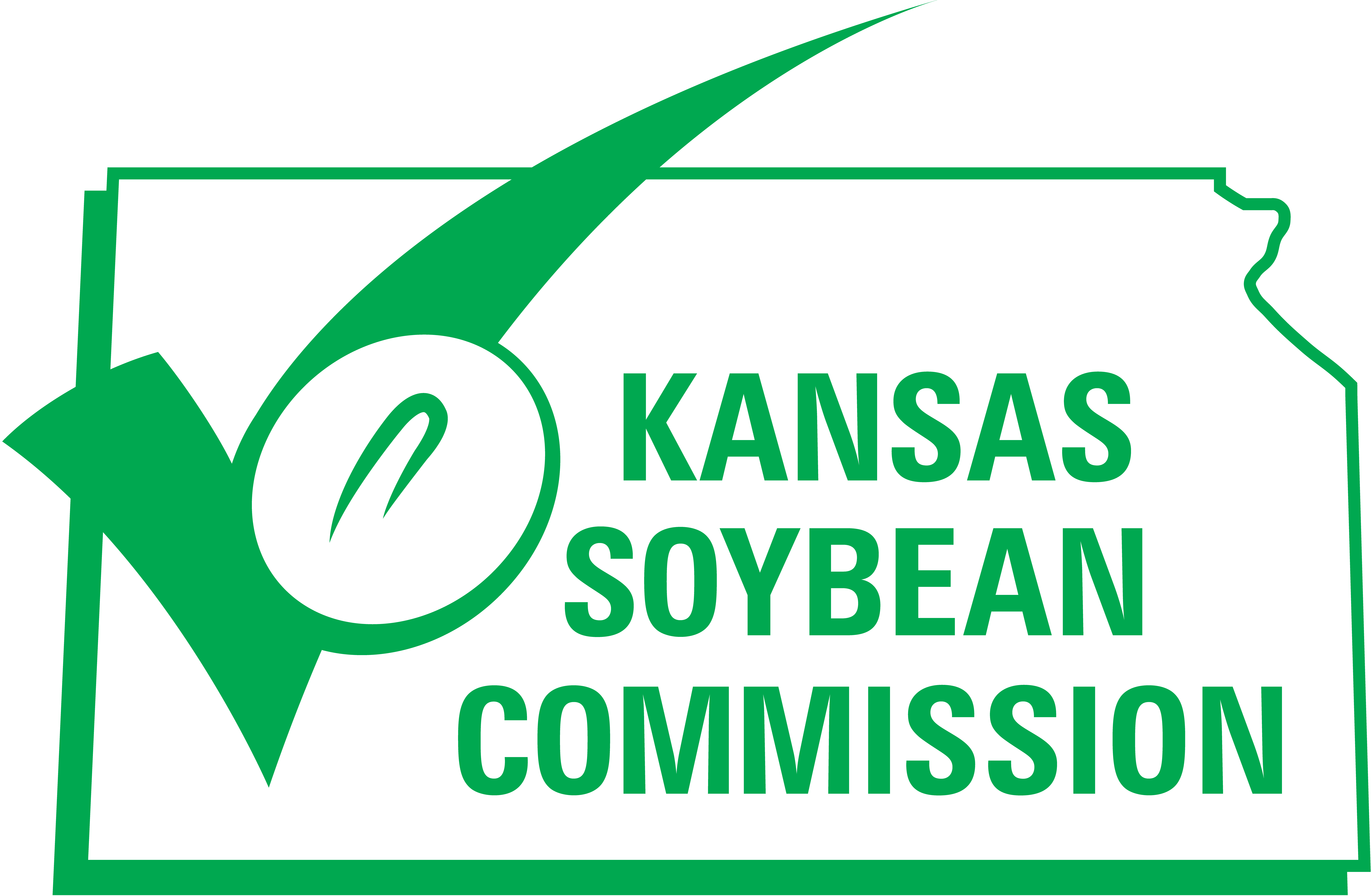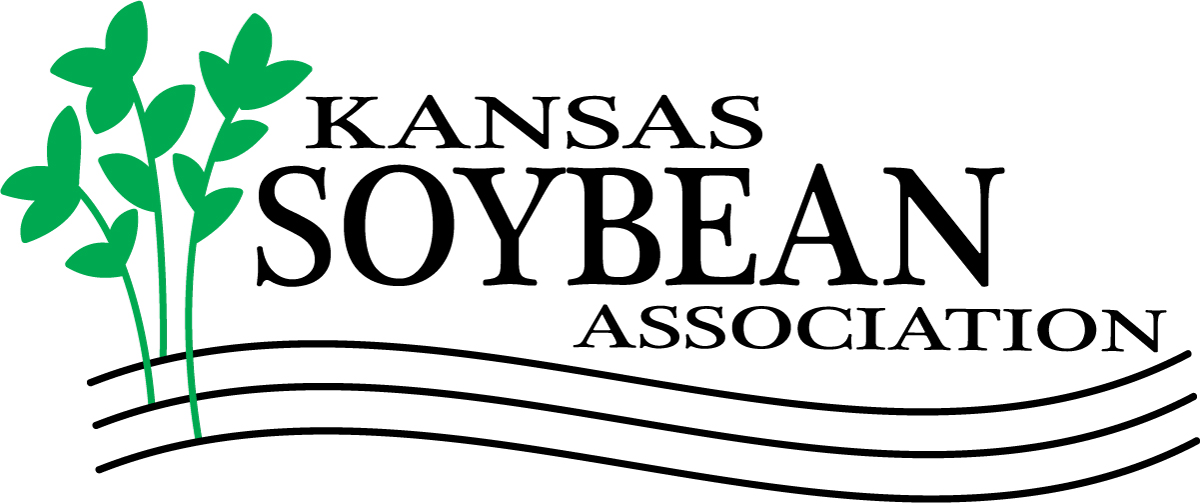USDA cuts budget, cancels three NASS surveys
After budget restraints, USDA funding was drastically cut by $24.2 million. Following internal reductions, like employee training and travel, it was still necessary to reduce programs by $8.05 million. According to Doug Bounds, Kansas State Statistician, the appropriation was received March 2024 – nearly halfway through USDA’s fiscal year – meaning opportunities for the necessary cost avoidance was limited to items and projects that had not already been started or completed. This resulted in the cancellation of the July Cattle Report and the discontinuation of the Cotton Yield Objective Survey and all County Estimates for Crops and Livestock, conducted by the National Agricultural Statistics Service.
“The decision to reduce programs and reports was not made lightly, but was necessary to meet the appropriate funding level,” Bounds says.
Lawmakers determined this decision could be detrimental to transparency and deprive producers of necessary agriculture insights. Rep. Tracey Mann (KS-01) and Sen. Jerry Moran (R-KS), along with Rep. Jim Costa (CA-21), penned a letter to Secretary of Agriculture Tom Vilsack urging him to reverse the decision.
NASS data is used widely across the agricultural industry. This data is critical for producers to receive accurate, unbiased information when implementing policies and programs. Agribusinesses use the data to ensure products and services are available when needed, and economists and market analysts rely on the data to support producers.
Producers may face more uncertainty when determining harvest times and markets without these reports. While the county estimates will not be available, agriculturists can use data provided by USDA’s Farm Service Agency and Risk Management Agency on acreage and yield along with the NASS Cropland Data Layer, a geospatial product identifying planted acreage across the country, to evaluate crop area and yield.
“NASS levels the playing field by providing all data to everyone at the same time, ensuring that no one has an unfair advantage,” Bounds says. “NASS is dedicated to providing data to meet the needs of all users, and should sufficient funding be available in the future we will make every effort to restore these valuable products.”

